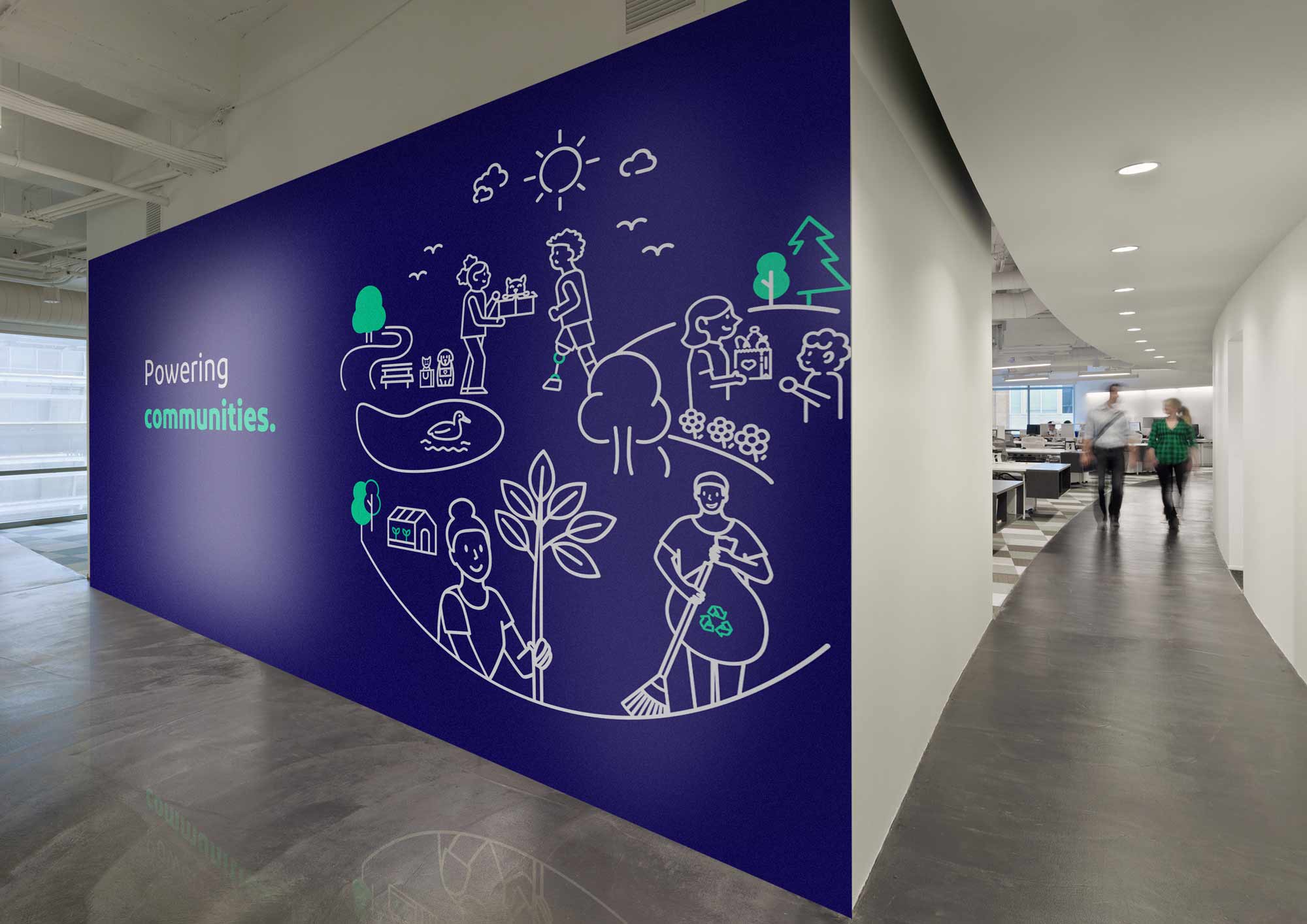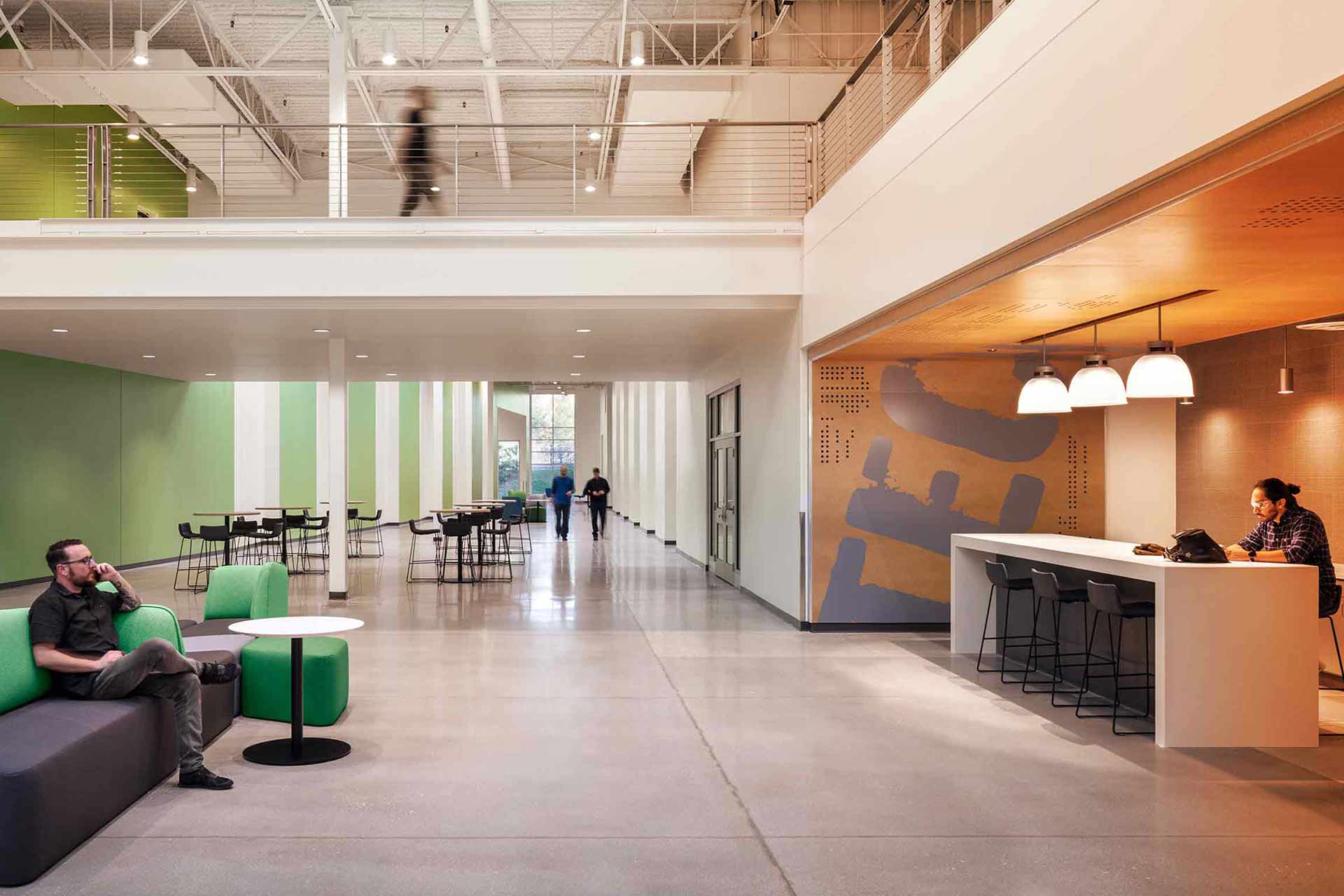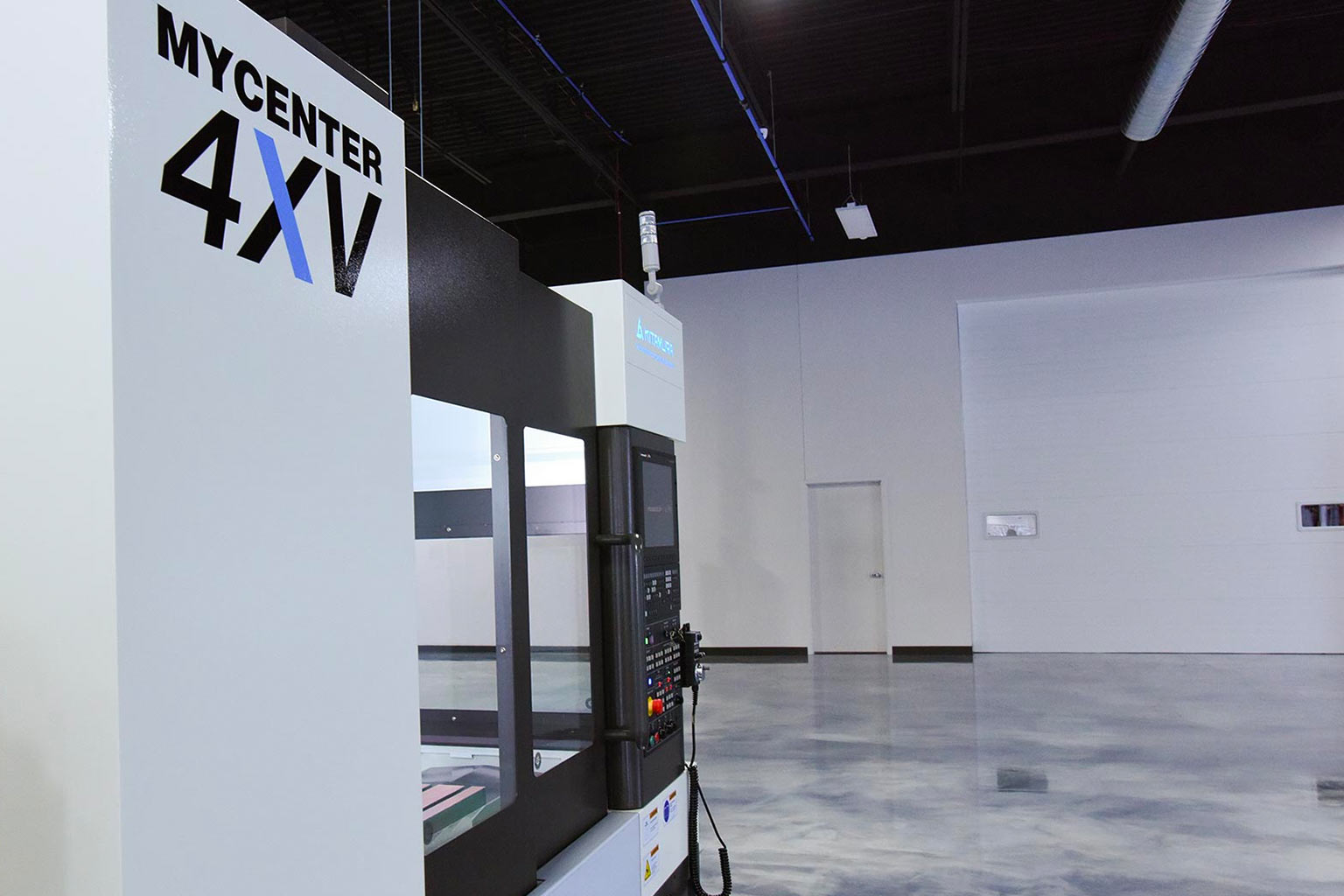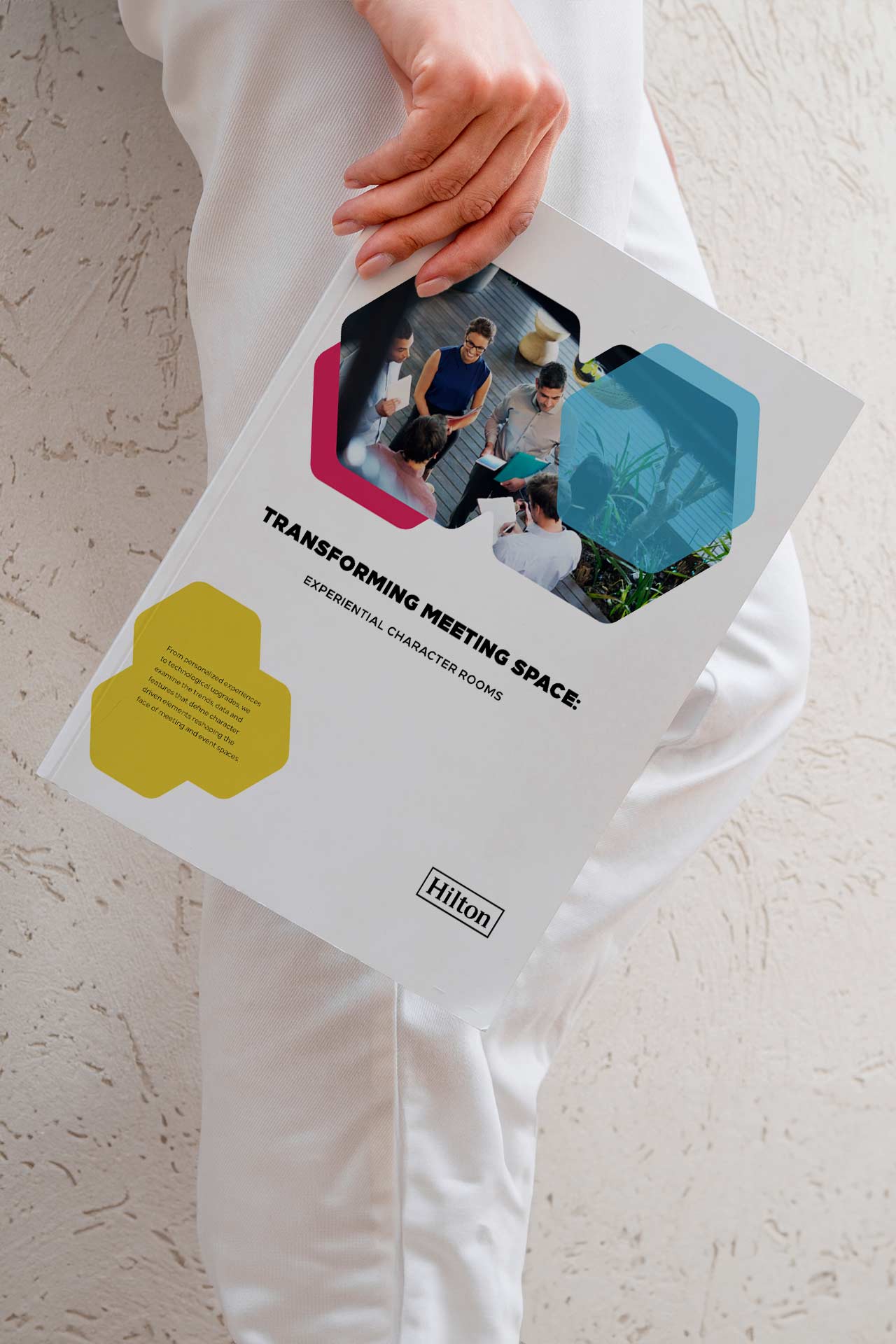As the world’s most popular content management system, WordPress has proven itself to be a powerful and adaptable solution for organizations of all sizes, including large enterprises. Its robust architecture, extensive customization options, seamless integrations, and thriving ecosystem make it an ideal choice for enterprise-level projects.
One of the key advantages of WordPress Web Design practices for enterprises is as the process supports scalable and flexible architecture, which allows organizations to easily manage a vast amount of content, serve millions of visitors, and integrate with various systems and tools. This flexibility enables enterprises to continually refine and enhance their digital presence without needing to overhaul their entire CMS.
Furthermore, WordPress offers built-in SEO features and marketing capabilities, which are essential for organizations looking to increase their online visibility and drive business results. These features, combined with the platform’s content management and collaboration tools, make it a powerful solution for managing and optimizing an organization’s online presence.
Managed hosting solutions, such as WP VIP, WP Engine, and Pantheon, provide additional benefits for enterprise clients, including performance optimization, security, and dedicated support. These platform-oriented providers help ensure that enterprise websites based on WordPress are reliable, secure, and perform at the highest level.
Headless CMS capabilities, which allow organizations to leverage modern frontend technologies while maintaining the familiar WordPress backend, are another key advantage of the platform. This approach enables organizations to create a more engaging and responsive user experience, catering to the ever-evolving demands of the digital landscape.
Numerous prominent corporations have successfully adopted WordPress for their websites, including The New York Times Company, Microsoft News Center, BBC America, Meta Corporate Microsite, and Capgemini. These examples showcase the platform’s versatility and scalability, proving its suitability for large-scale projects across diverse industries.
To ensure a successful enterprise WordPress implementation, it is crucial to choose the right WP development partner. Key factors to consider include expertise and experience in enterprise WordPress projects, industry knowledge, comprehensive services, strong communication and collaboration, commitment to quality and best practices, proficiency in UI and UX design, accessibility, and deep knowledge in security.
In addition, embracing WordPress for your enterprise needs can provide a flexible, scalable, and feature-rich solution that grows with your organization. This adaptability enables you to stay competitive and relevant in the rapidly changing digital landscape, ensuring that your web presence remains cutting-edge and effective in driving business results.
WordPress Security and IT Departments: A Perfect Match for a Secure and Manageable Digital Presence
IT departments often favor WordPress as their content management system of choice due to its robust security features, ease of management, and extensive customization options. As the world’s most popular CMS, one that constantly comes up the top— WordPress proved itself as optimal enterprise CMS has a strong track record of maintaining security best practices and providing a reliable, secure platform for organizations of all sizes.
One of the primary reasons IT departments appreciate WordPress is the platform’s commitment to security. The WordPress team is dedicated to regularly updating the platform, providing new features, performance enhancements, and crucially, security updates. By staying on top of these updates and implementing the latest patches, IT departments can ensure their organization’s websites are protected against vulnerabilities and threats. Furthermore, the vast and active community of WordPress developers and users contributes to the platform’s security by identifying and addressing potential issues quickly.
In addition to the core platform’s security features, IT departments can take advantage of a wide range of security plugins and tools specifically designed to enhance WordPress’s protection capabilities. These plugins, such as Wordfence, iThemes Security, and Sucuri, provide advanced features like malware scanning, firewall protection, brute force attack prevention, and two-factor authentication. This allows IT departments to tailor their security measures to their organization’s specific needs and requirements.
IT departments also appreciate the ease of managing and maintaining WordPress websites. The platform’s intuitive user interface makes it simple for administrators to manage users, assign roles and permissions, and monitor website activity. Moreover, WordPress’s extensive documentation and supportive community make it easy for IT departments to find answers to any technical questions or challenges they may encounter.
In summary, IT departments love WordPress for its robust security features, ease of management, and extensive customization options. The platform’s commitment to security, coupled with the availability of advanced security plugins and tools, allows IT departments to ensure their organization’s websites are well-protected and capable of withstanding potential threats in the ever-evolving digital landscape.
Empowering Marketing Departments: How WordPress Fuels Creativity and Collaboration in Large Organizations
Marketing departments in large organizations are increasingly embracing WordPress as their go-to content management system. The platform’s ease of use, SEO capabilities, flexibility in layouts and storytelling, and collaborative backend with multi-user permissions make it an ideal choice for marketers seeking to create engaging and effective digital experiences.
One of the primary reasons marketing departments love WordPress is its ease of use. The platform’s user-friendly interface allows marketers to create and manage content without needing extensive technical knowledge. This empowers marketing teams to focus on crafting compelling content and campaigns, rather than getting bogged down in technical complexities.
Another major advantage of WordPress for marketing departments is its built-in SEO capabilities. WordPress is designed with SEO best practices in mind, offering features such as clean permalink structures, optimized heading tags, and automatic XML sitemap generation. Additionally, there are numerous SEO plugins available, such as Yoast SEO and All in One SEO Pack, which further enhance the platform’s SEO features and help marketers optimize their content for search engines. This, in turn, leads to increased visibility, higher organic search rankings, and more traffic for the organization’s website.
WordPress also provides marketing departments with flexibility in layouts and storytelling. The platform’s extensive library of themes and page builder plugins, such as WP Bakery, Elementor, Divi, and Gutenberg, allows marketers to create visually appealing and engaging layouts that effectively convey their brand’s message and story. This flexibility enables marketing teams to adapt and refine their digital presence as their brand evolves, ensuring that their website remains fresh, relevant, and engaging.
The collaborative backend of WordPress, coupled with multi-user permissions, is another significant benefit for marketing departments in large organizations. WordPress’s user management system allows administrators to easily create and manage user accounts, assign specific roles, and grant varying levels of access to different team members. This feature facilitates efficient collaboration and ensures that the right people have access to the right tools and resources, streamlining the content creation and approval process.
In conclusion, marketing departments in large organizations are increasingly turning to WordPress for its ease of use, SEO capabilities, flexibility in layouts and storytelling, and collaborative backend with multi-user permissions. By harnessing the power of WordPress, marketing teams can focus on creating engaging and impactful digital experiences that drive success and growth for their organizations.
Designing for Everyone: How WordPress Enables UI/UX Designers to Create Accessible, User-Friendly, and Inclusive Experiences
UI/UX designers are also increasingly drawn to WordPress for its ability to facilitate the creation of accessible, usable, and inclusive digital experiences. The platform’s vast library of tools, plugins, and resources, combined with its focus on best practices and standards, enables designers to craft websites that cater to diverse user needs and preferences.
Accessibility is a crucial aspect of UI/UX design, and WordPress’s commitment to promoting accessible web experiences makes it an attractive choice for designers. The platform adheres to the Web Content Accessibility Guidelines (WCAG) and encourages developers to follow these guidelines when creating themes and plugins. This commitment to accessibility ensures that WordPress websites can be easily used and navigated by people with disabilities, ultimately creating a more inclusive digital landscape.
WordPress offers a plethora of tools and resources that help UI/UX designers create usable and user-friendly websites. The platform’s page builder plugins, such as Elementor, Divi, and Gutenberg, provide designers with a simple and intuitive way to create and edit layouts without requiring extensive coding knowledge. These tools allow designers to focus on optimizing the user experience, ensuring that their websites are both visually appealing and easy to navigate.
Inclusivity is another key aspect of UI/UX design, and WordPress enables designers to create websites that cater to a diverse range of user needs and preferences. The platform’s extensive library of themes and plugins allows designers to choose from a wide variety of styles, layouts, and functionalities, ensuring that their websites are adaptable and relevant to their target audience. Furthermore, the responsive nature of many WordPress themes ensures that websites can be easily accessed and navigated on various devices, including smartphones, tablets, and desktop computers.
In summary, UI/UX designers are drawn to WordPress for its ability to facilitate the creation of accessible, usable, and inclusive digital experiences. The platform’s vast library of tools, plugins, and resources, combined with its focus on best practices and standards, empowers designers to craft websites that effectively engage and cater to diverse user needs and preferences.
Developers’ Choice: Why WordPress Shines with Peer Review and Rapid Deployment Capabilities
Developers are increasingly choosing WordPress as their preferred content management system due to its strong emphasis on peer review and rapid deployment capabilities. The platform’s open-source nature, extensive documentation, and vibrant community make it an attractive choice for developers seeking an efficient, collaborative, and time-saving solution for their projects.
One of the key reasons developers prefer WordPress is the collaborative and supportive environment it fosters through peer review. As an open-source platform, WordPress encourages developers to share their code, plugins, and themes with the community, enabling them to receive valuable feedback, suggestions, and contributions from their peers. This collaborative approach to development not only helps to identify and address potential issues more quickly but also promotes the sharing of knowledge, experience, and best practices among developers.
The rapid deployment capabilities of WordPress also make it a popular choice among developers as allows for quicker iterations. The platform offers a wide range of tools and features that streamline the development process, such as pre-built themes and plugins, which can be quickly customized and deployed to suit a project’s specific requirements. This allows developers to save time and resources by leveraging existing solutions, rather than building everything from scratch.
Additionally, WordPress’s extensive documentation and supportive community make it easy for developers to find answers to their questions and overcome any challenges they may encounter during the development process. This wealth of information, combined with the platform’s user-friendly interface and intuitive features, enables developers to efficiently create, test, and deploy their projects with confidence.
WordPress’s strong focus on peer review and rapid deployment capabilities make it an ideal choice for developers seeking a collaborative, efficient, and time-saving solution for their projects. By embracing WordPress, developers can benefit from the platform’s open-source nature, extensive documentation, and vibrant community, ultimately leading to more successful and effective web development projects.









